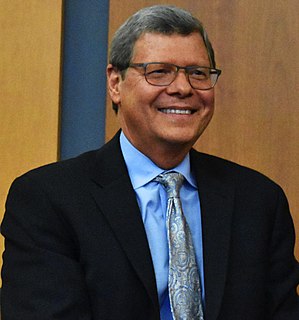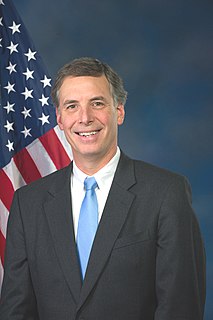A Quote by Cass Sunstein
In recent years, Republicans have argued that Congress is a more responsible policymaker than the executive branch. But when it comes to regulation, Congress is often much worse, and for just one reason: Executive agencies almost always focus on both costs and benefits, and Congress usually doesn't.
Related Quotes
I was very, very concerned about President Obama and how much executive order and how much executive power he tried to exert. But I think I want to be, and I think congress will be, a check on any executive, Republican or Democrat, that tries to grasp too much power. And really, a lot of the fault is not only presidents trying to take too much power, it's Congress giving up too much power.
By Congress delegating its authority to the executive and judicial branches, we've removed the American people from the process. They're left as bystanders to the whims of executive overreach, and they're watching the country they know and love slip away. Worse, they think their representatives are powerless to stop it.
People assume that the executive branch has more power than it actually has. Only the legislative branch can create the laws; the executive branch cannot create the laws. So, if the executive branch tries to create a branch one side or the other... you go back to the founders of the nation. They set up a system that ensures that it doesn't happen.
There is no part of the executive branch that more exists on the outer edge of executive prerogative than the American intelligence community - the intelligence community, CIA, covert action. My literal responsibility as director of CIA with regard to covert action was to inform the Congress - not to seek their approval, to inform.



































